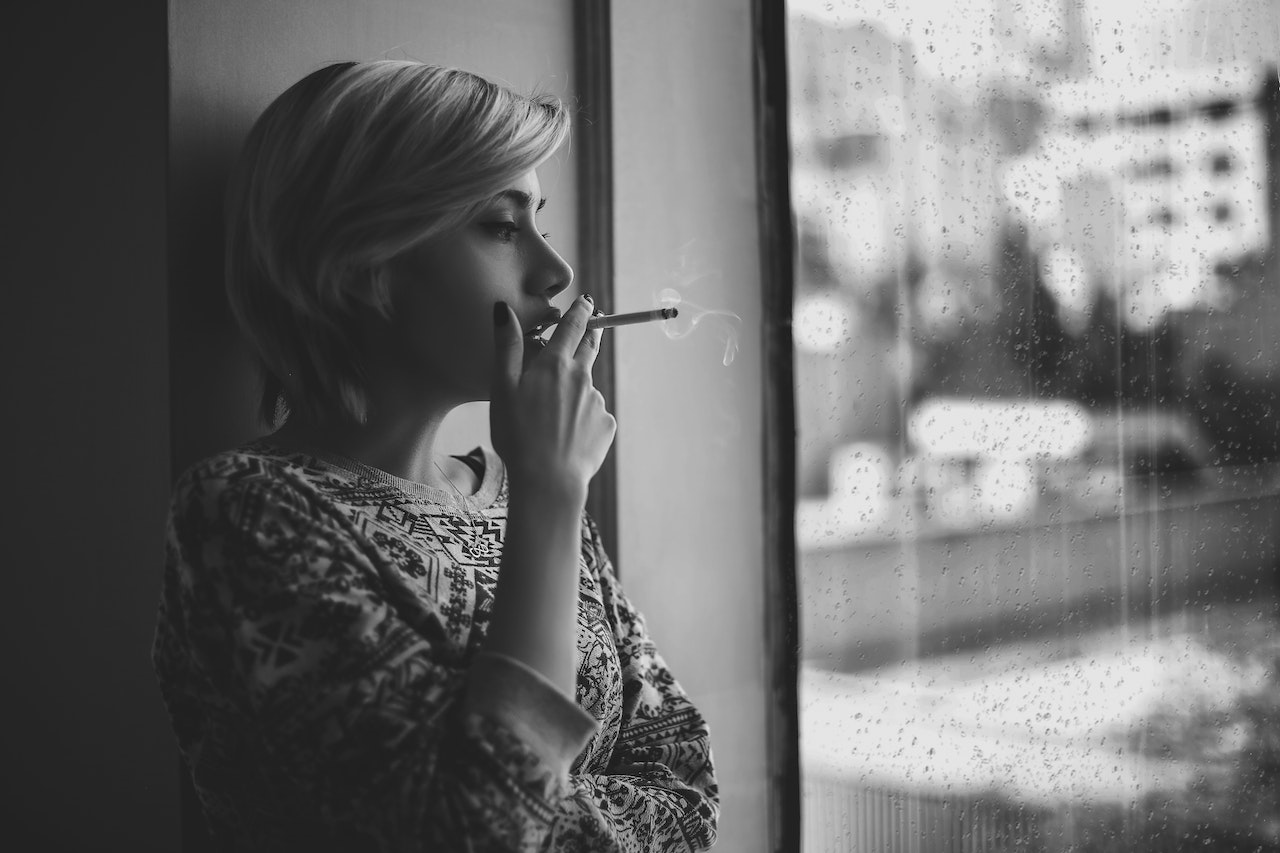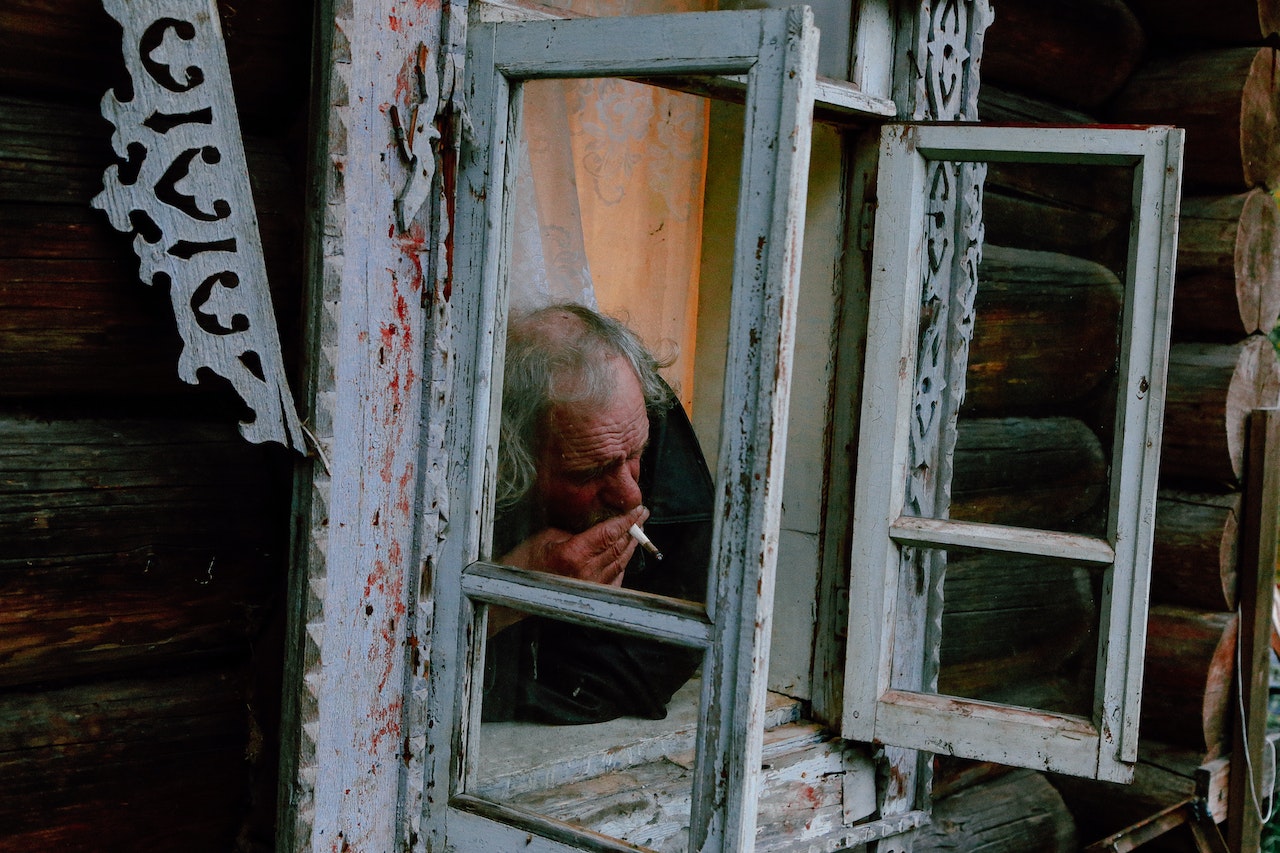Table of Contents
ToggleIs It Bad Luck to Live in a House Where Someone Died
Living in a house where someone has died can evoke mixed emotions and stir up questions about superstitions and beliefs surrounding such residences. Many people wonder if it is bad luck to live in a house with a dark history. The answer to this question varies depending on one’s cultural background, personal beliefs, and level of sensitivity to paranormal or spiritual energies.
In some cultures, there is a belief that living in a house where someone has died can bring negative energy or bad luck. This belief stems from the idea that the lingering presence of the deceased may disrupt the harmony of the living space. Some individuals may feel uncomfortable or experience unexplained phenomena, attributing these occurrences to the spirit of the departed.
On the other hand, not everyone subscribes to these notions. Skeptics argue that any perceived negative effects are purely psychological and stem from an individual’s preconceived notions rather than any supernatural influence. They believe that houses with dark histories hold no inherent power to bring misfortune or bad luck.
The Origins of the Superstition
When it comes to living in a house where someone has died, many people are divided by their beliefs and superstitions. The origins of this particular superstition can be traced back to various cultural and historical influences. Let’s explore some of the factors that have contributed to this belief surrounding residences with a dark history.
- Cultural Beliefs: Throughout history, different cultures around the world have held beliefs about the spiritual energy or residual presence left behind after a person dies. In certain cultures, it is believed that these energies may linger in the physical space where the death occurred. This belief forms the foundation for the notion that living in such a house could bring bad luck or negative energy.
- Religious Traditions: Religion often plays a significant role in shaping our beliefs and attitudes towards death and its aftermath. In some religious traditions, there are specific rituals or practices performed when someone passes away to ensure that their spirit finds peace and moves on from this world. When these rituals are not followed, it is believed that the lingering spirit may cause disturbances or bring misfortune to those who reside in the same dwelling.
- Historical Events: Tragic events that took place within specific houses or locations can also contribute to this superstition. Houses associated with notorious crimes, accidents, or other dark incidents tend to carry an aura of fear and unease among people due to their past history. The stories surrounding these events often get passed down through generations, fueling beliefs about bad luck associated with residing in such places.
- Psychological Factors: It’s important to recognize that psychological factors also play a role in how we perceive certain situations. The fear and discomfort associated with death are deeply ingrained within us as humans, making it natural for people to associate negative outcomes with living in a house where someone has died.
While there might not be any scientific evidence supporting claims of actual “bad luck” tied specifically to living in a house where someone died, the power of belief and its impact on our psyche should not be underestimated. Whether you choose to believe in this superstition or not ultimately depends on your personal perspective and cultural background.
Different Cultural Beliefs
When it comes to living in a house where someone has died, beliefs and superstitions vary greatly across different cultures. Let’s explore some of the fascinating cultural beliefs surrounding residences with a dark history:
- Western Culture: In many Western societies, there is a prevalent belief that living in a house where someone has died can bring bad luck or negative energy. Some people associate these homes with hauntings or paranormal activities, leading them to avoid such properties altogether.
- Asian Culture: In contrast, certain Asian cultures have more nuanced perspectives on this matter. For example, in Chinese culture, the concept of “feng shui” plays a significant role in determining the energy flow within a space. While it is generally believed that deaths may leave behind residual negative energy, proper feng shui practices can help balance and harmonize this energy.
- Mexican Culture: Day of the Dead (Día de los Muertos) is an important holiday in Mexican culture that celebrates deceased loved ones. It is common for families to honor their ancestors by setting up altars (ofrendas) at home, which include photographs and belongings of the departed. Rather than perceiving death as something negative, these households embrace it as part of their cultural heritage.
- Indigenous Beliefs: Many indigenous cultures have unique views when it comes to dwelling places with dark histories. Some believe that spirits linger after death and can offer protection or guidance to those who live in their former homes.
- African Traditions: In certain African traditions and religions like Voodoo or Hoodoo, spiritual connections between the living and the dead are deeply woven into daily life. Houses where someone has died may be seen as conduits for communication with ancestral spirits rather than sources of bad luck.
It’s important to note that while these cultural beliefs shape people’s perceptions about living in houses where someone died, individual experiences and personal beliefs play a significant role as well. Some individuals may feel comfortable and unaffected by the history of a house, while others may prefer to avoid it altogether.







